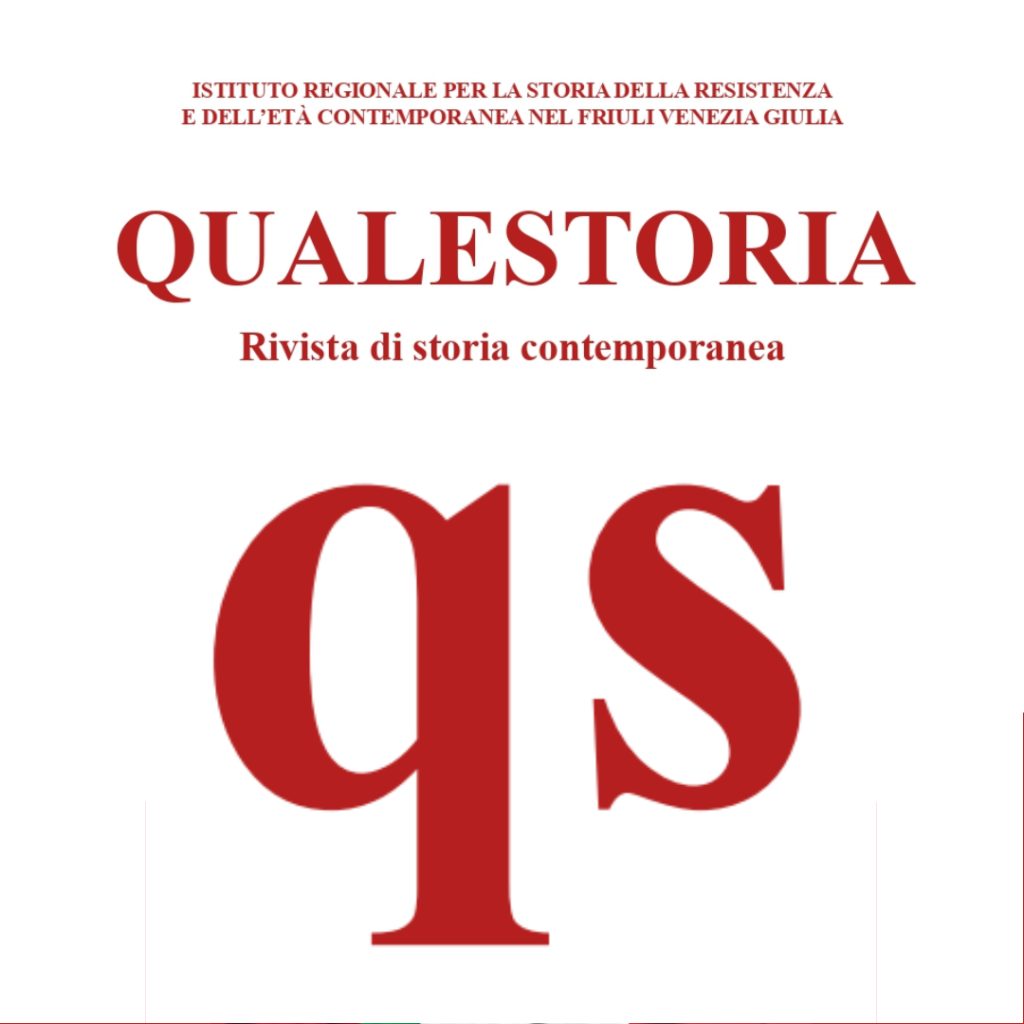A New ‘Generation’ of Democratic Politicians? Models of Political and Social Progress in Germany, France, and Italy between Dictatorship and the Cold War
Rome, 18-19 April 2012
German Historical Institute Rome in cooperation with the German Historical Institute Paris
How did the experience of autocratic government inform the way in which politicians developed new policies in Germany, France and Italy after the end of the Second World War? What conclusions did politicians draw from their past experiences with totalitarianism? Did a new ‘generation’ of leaders with shared democratic ideas acquire the leading positions of these countries? Did any kind of exchange, transfer or international collaboration exist or did politicians act exclusively within their particular national context? Finally: Was the experience with totalitarian regimes kept alive in public memory and did people try to develop and implement progressive, forward-thinking ideas of social organisation? Taking these central questions as a starting point, specific issues can be raised about each respective country, which will reflect the contrast between the occupied and collaborating states of France and Italy on the one hand and Nazi Germany on the other. Covering the period between 1945 and 1960, the workshop aims to provide some initial answers to these questions from a comparative point of view. It also strives to analyse whether the year 1945 should be regarded as a break with the past or as the beginning of a phase of continuity in Germany, France and Italy in terms of how they envisioned a democratic society.













